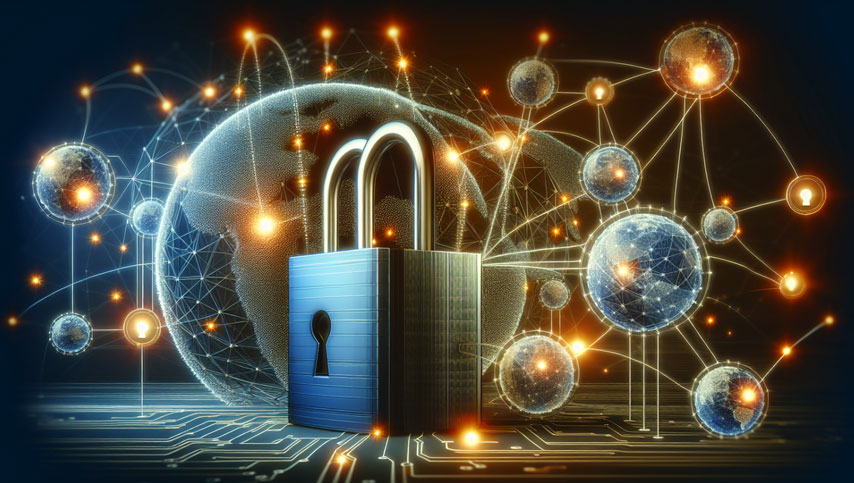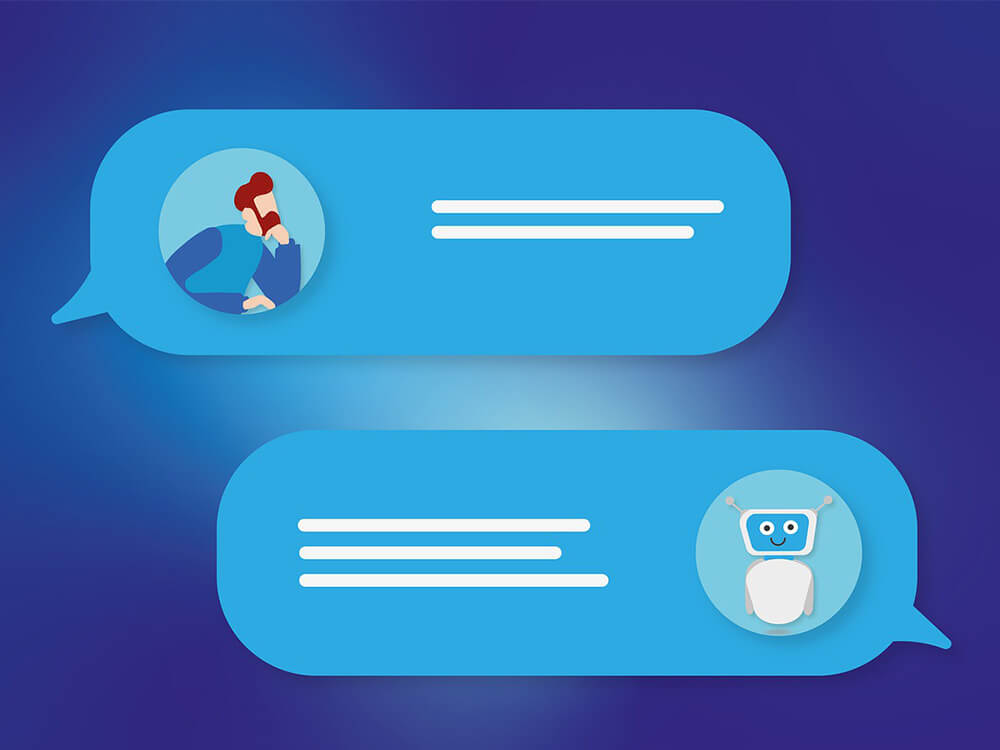In today’s digital age, safeguarding personal information and maintaining online privacy has become more crucial than ever. Virtual Private Networks (VPNs) are a popular tool for enhancing internet security, offering a range of features designed to protect your data and ensure your online activities remain private. This article delves into the essential VPN security features, exploring how they work and why they are vital for your digital safety.
What is VPN Security?
At its core, a VPN is an internet security service that encrypts your data and hides your IP address by routing your internet traffic through a secure server. This process ensures that your online activities remain private, protecting you from hackers, snoopers, and even your Internet Service Provider (ISP). VPNs are particularly useful when using public Wi-Fi networks, where the risk of data interception is higher.
Key VPN Security Features
To understand how VPNs protect your online activities, it’s essential to explore the key security features they offer:
1. Data Encryption
Data encryption is the backbone of any VPN service. Most reliable VPNs use Advanced Encryption Standard (AES) with 256-bit keys, known as AES-256, which is considered one of the most secure encryption algorithms available. This level of encryption is used by government agencies and security experts worldwide, ensuring that your data is virtually impossible to decrypt.
2. No-Log Policy
A no-log policy is a commitment by the VPN provider to not track, store, or sell your browsing data. This feature is crucial for maintaining your privacy, as it ensures that your online activities are not recorded or shared with third parties. Always choose a VPN that has a strict no-log policy and has been independently audited to verify its claims.
3. Kill Switch
A kill switch is a critical security feature that protects your data if the VPN connection drops unexpectedly. It automatically disconnects your device from the internet, preventing any data from being sent over an unsecured connection. This feature ensures that your IP address and online activities remain hidden even if the VPN fails temporarily.
4. DNS and IP Leak Protection
DNS and IP leak protection are essential for ensuring that your real location and online activities are not exposed. A DNS leak occurs when your DNS requests are sent outside the encrypted VPN tunnel, while an IP leak happens when your real IP address is revealed. VPNs with robust leak protection prevent these vulnerabilities, maintaining your privacy and security.
5. Multi-Factor Authentication (MFA)
MFA adds an extra layer of security by requiring multiple forms of verification before granting access to your VPN account. This feature typically involves something you know (like a password) and something you have (like a code sent to your phone), ensuring that only authorized users can access your VPN service.
6. Automatic Wi-Fi Protection
This feature automatically connects your device to a VPN server when you join an unknown or unsecured Wi-Fi network. It encrypts your data immediately, providing a strong security shield against potential threats on public networks.
7. Double VPN
Double VPN routes your internet traffic through two VPN servers instead of one, adding an extra layer of encryption. This feature is ideal for users who require high-level data security, such as journalists or activists, as it provides enhanced protection against surveillance and cyberattacks.
How Secure is a VPN?
The security of a VPN largely depends on the provider you choose. Reliable VPNs invest in strong security protocols, do not track or sell your data, and offer additional cybersecurity features like threat protection. However, free or cheap VPNs often cut corners to maximize profits, compromising security and privacy. They may bombard you with ads, have poor security infrastructures, or even sell your data to advertisers.
Additional VPN Security Features
Beyond the core security features, many VPNs offer additional functionalities to enhance your online safety:
1. Onion Over VPN
This feature combines the security of a VPN with the anonymity of the Tor network. Your data is first routed through a VPN server and then through the Tor network, gaining multiple layers of encryption and making it extremely difficult for third parties to track your activities.
2. Split Tunneling
Split tunneling allows you to choose which apps or websites use the VPN connection and which access the internet directly. This feature is useful for optimizing your internet experience, allowing you to access global content while maintaining high-speed local connections.
3. Obfuscated Servers
Obfuscated servers are designed to hide the fact that you’re using a VPN, making it easier to bypass internet censorship and restrictions in countries with strict internet policies. This feature is particularly useful for users in regions where VPN usage is restricted or monitored.
4. Dedicated IP Addresses
A dedicated IP address is assigned exclusively to a single user, providing a consistent online identity and reducing the risk of being flagged by websites or services. This feature is beneficial for accessing secure networks, online banking, or official platforms without triggering security alerts.
Choosing the Right VPN for Your Needs
When selecting a VPN, consider your specific needs and priorities. If privacy is your main concern, look for a provider with a strong no-log policy, robust encryption, and additional security features like a kill switch and leak protection. For users who require high-speed connections for streaming or gaming, choose a VPN with a vast server network and optimized servers for these activities.
Conclusion
In an era where online security and privacy are paramount, VPNs offer a vital layer of protection for your digital life. By understanding the key VPN security features and choosing a reliable provider, you can safeguard your data, maintain your privacy, and enjoy a secure online experience. As cyber threats continue to evolve, investing in a reputable VPN is a proactive step towards protecting your personal information and ensuring your online activities remain private.
For those looking to enhance their online security further, explore additional cybersecurity tools and practices, such as using strong, unique passwords, enabling two-factor authentication on all accounts, and regularly updating your software and devices. By combining these measures with a robust VPN, you can create a comprehensive security strategy that keeps your digital life safe from threats.
What is the Best VPN for Mac in 2025






